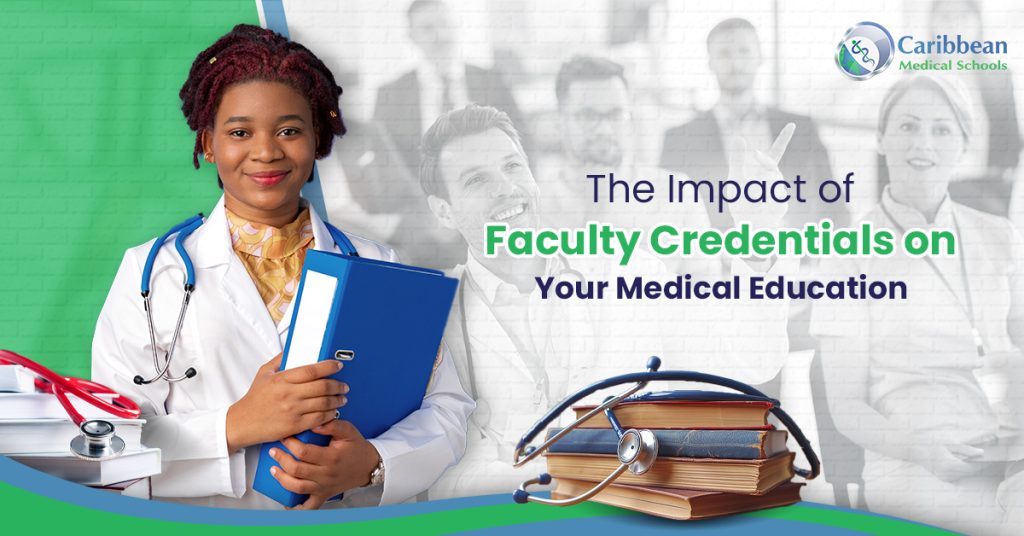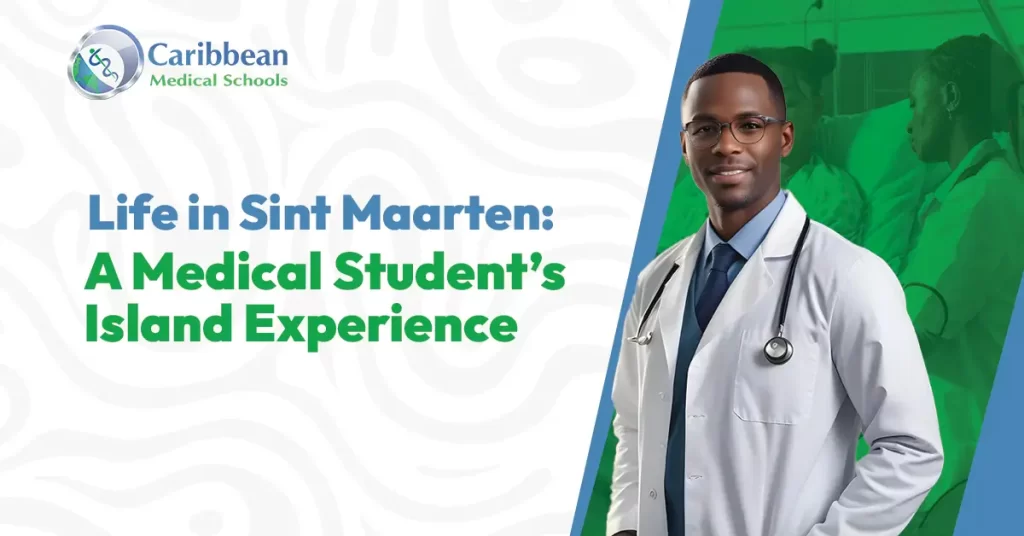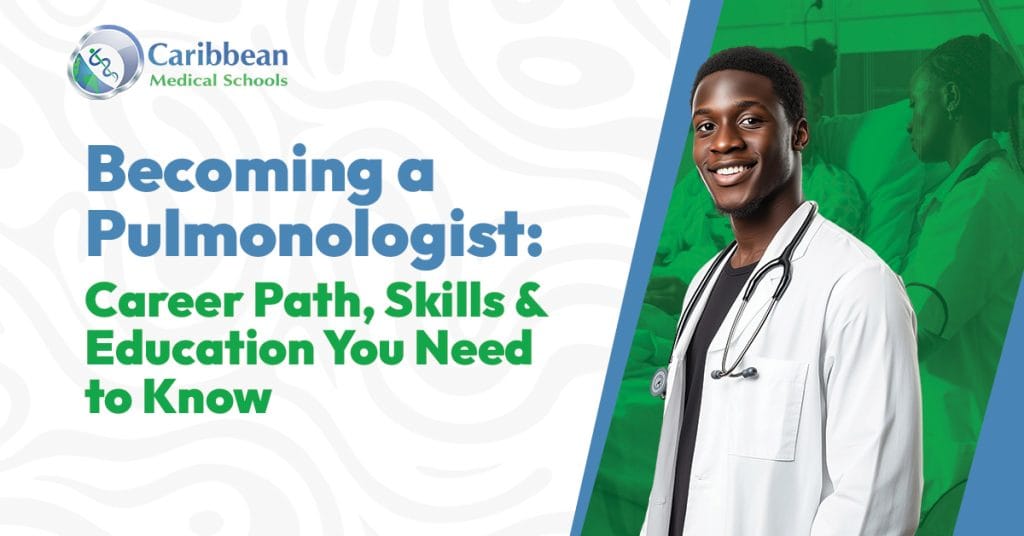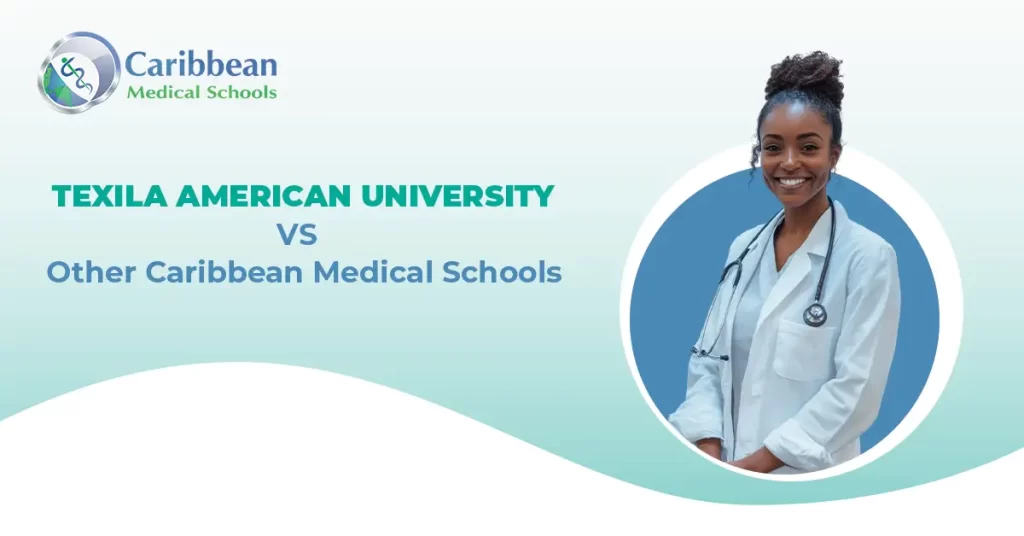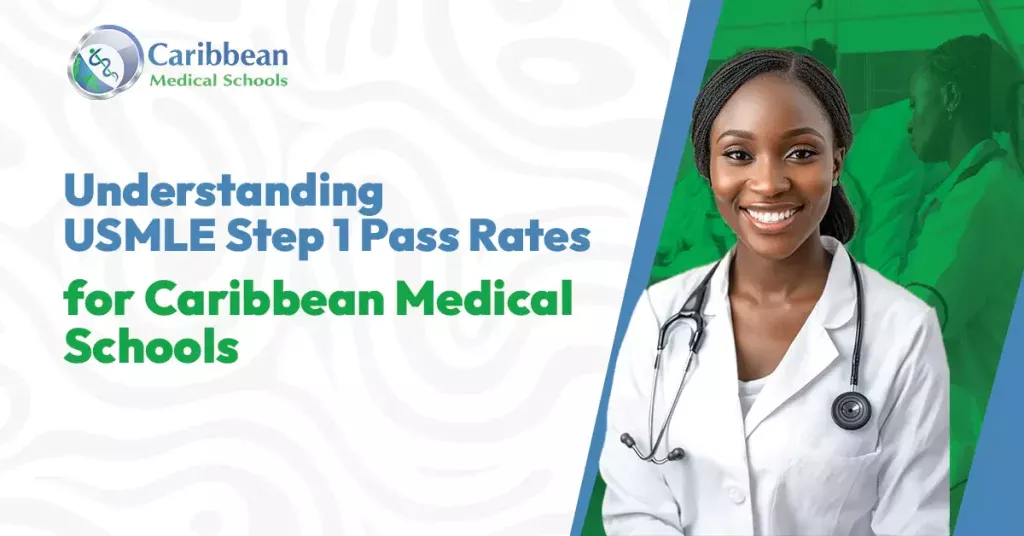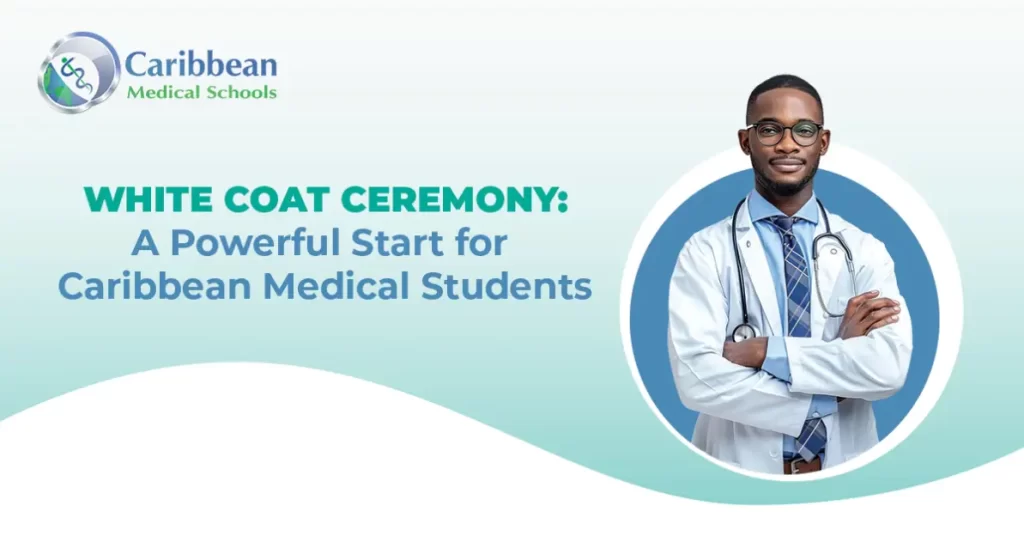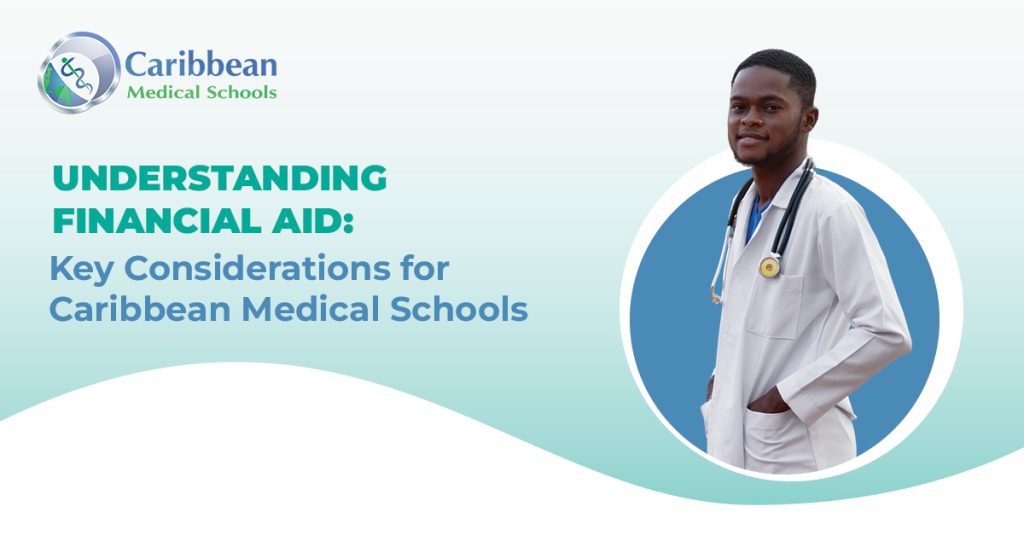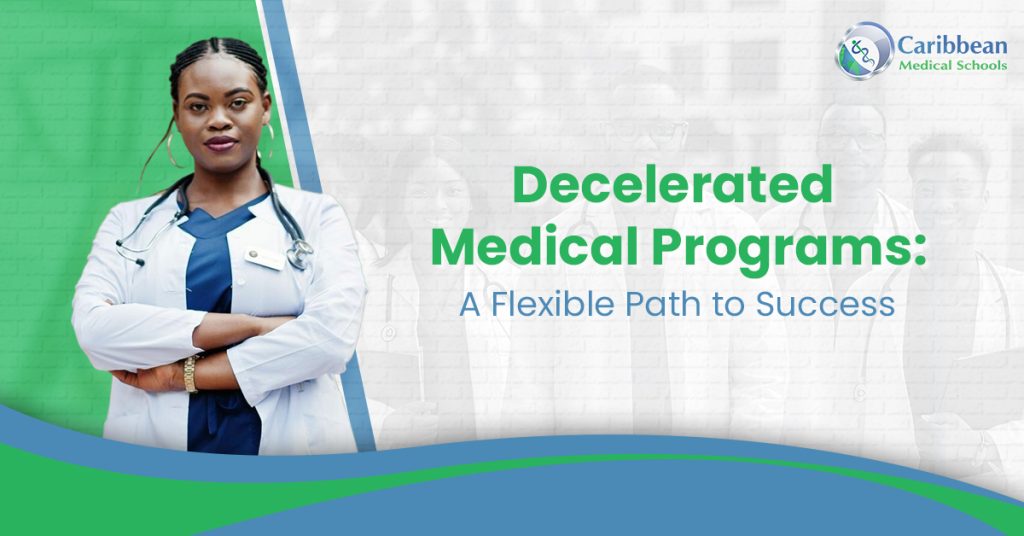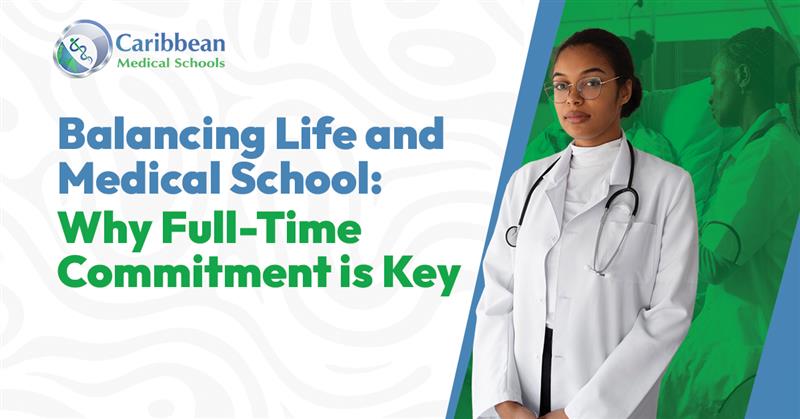Blog Summary
The credentials of faculty members at Caribbean medical schools significantly impact the quality of medical education. Highly qualified and experienced faculty members bring knowledge and practical experience to their teaching, ensuring students receive a comprehensive and robust education. Myths and misconceptions about Caribbean medical schools often include academic standards and educational quality concerns. However, many schools employ faculty with impressive credentials, including advanced degrees and extensive clinical experience, contributing to rigorous academic standards and high-quality education. Professors with extensive research expertise enable students to engage in groundbreaking projects, sharpening their practical skills and bolstering their CVs. Mentorship from seasoned faculty is vital for navigating medical education and career development, guiding students to make informed career choices.
Table of Contents
Introduction
Selecting the appropriate medical school is a crucial choice for any future physician. An important aspect to evaluate is the credentials and expertise of the faculty. This aspect is essential in the context of Caribbean medical schools, where the reputation and quality of education can vary significantly. Faculty credentials can directly influence the quality of education, research opportunities, and overall student experience.
Why Faculty Credentials Matter
Faculty members’ credentials reflect their expertise and ability to impart knowledge effectively. Professors and instructors with advanced degrees, extensive research backgrounds, and clinical experience bring knowledge and practical insights to the classroom. They can provide students with a solid foundation in medical theory and practice, ensuring they are well-prepared for their future careers.
Faculty Experience and Student Success
Seasoned faculty members are essential to student achievement. They educate, mentor, and support students throughout their academic paths. Faculty with a vital education and clinical practice background can offer valuable perspectives that help students bridge the gap between theory and practice. This mentorship is critical in MD programs offered by best Caribbean medical Schools.
Research Opportunities
One of the hallmarks of a top-tier medical school is its research output. Faculty members with robust research backgrounds can allow students to engage in innovative research projects. These opportunities are beneficial for gaining practical experience and enhancing one’s resume. Top Caribbean medical schools often have faculty who are leaders in their fields, providing students with the chance to contribute to significant medical advancements.
Mentorship and Professional Development
The role of faculty extends beyond teaching. Effective mentorship is a critical component of medical education. Faculty members with a track record of professional success can provide students with valuable advice on career planning, specialization choices, and professional development. This mentorship can be a deciding factor in the long-term success of medical students.
Clinical Training and Real-World Experience
Clinical training is a critical aspect of medical education. Faculty members with extensive clinical experience can offer invaluable insights and training that prepare students for real-world medical practice. Medical schools in Caribbean boast faculty with robust clinical backgrounds provides more comprehensive and practical education, ensuring students are ready to practice medicine upon graduation.
Clinical training is a critical aspect of medical education. Faculty members with extensive clinical experience prepare students for real-world medical practice. For insights on how Caribbean medical schools prepare students for U.S. residencies, you can explore how they equip students with the necessary skills and knowledge to succeed in securing residency placements.
Faculty Diversity
Diversity among faculty members can significantly enrich the educational experience. A faculty with varied backgrounds brings different viewpoints, teaching methods, and specialized knowledge. This diversity is crucial in medical training, where comprehensive care for diverse patient groups is paramount. The best medical schools in the Caribbean often emphasize the importance of having a diverse faculty to reflect the global nature of medical practice.
The Role of Faculty in Accreditation
Accreditation is a critical factor in determining the quality of a medical school. Faculty credentials play a significant role in the accreditation process. Top Caribbean medical schools ensure that their faculty meet high education and professional achievement standards. This, in turn, assures students and employers of the quality and credibility of the medical degree awarded.
Faculty Credentials and Curriculum Development
Faculty members are instrumental in developing and updating the curriculum. Their expertise ensures the curriculum is comprehensive, up-to-date, and aligned with current medical practices and standards. Caribbean medical schools with highly qualified faculty are more likely to offer a curriculum that effectively prepares students for their medical careers.
Student Testimonials
Hearing firsthand from students who have experienced the impact of faculty credentials can be incredibly insightful. Many students from top Caribbean medical schools highlight the profound influence that knowledgeable and experienced faculty have had on their education and career paths. These testimonials can give prospective students a clearer picture of what to expect.
Comparing Caribbean Medical Schools
When evaluating Caribbean medical schools, the credentials of the faculty are a significant factor. Schools like St. George’s University and Ross University School of Medicine are often cited as the best Caribbean medical schools due to their faculty’s qualifications and achievements. Comparing faculty profiles can help prospective students make informed decisions.
How to Evaluate Faculty Credentials
Evaluating the credentials of medical school faculty involves looking at their educational background, clinical experience, research contributions, and professional achievements. Prospective students should review faculty profiles on school websites, look for published research, and seek out student reviews and testimonials to comprehensively understand the faculty’s capabilities.
Future Trends in Medical School
Medical education is constantly changing and adapting. Future trends indicate a greater emphasis on technology, interdisciplinary learning, and global health. Faculty members who are adaptable and forward-thinking can ensure that the curriculum and teaching methods keep pace with these changes, providing students with a relevant and cutting-edge education.
Conclusion
In conclusion, faculty credentials are a cornerstone of a quality medical education. Caribbean med schools with highly qualified and experienced faculty can offer students a robust education, rich research opportunities, effective mentorship, and comprehensive clinical training. Prospective students should consider faculty credentials when choosing a medical school to ensure they receive the best possible education and are well-prepared for their medical careers.
FAQs
1. Why are faculty credentials necessary in medical education?
Faculty credentials are necessary because they reflect the expertise and ability of the faculty to provide a high-quality education. Professors with advanced degrees and extensive clinical experience can offer students valuable knowledge and practical insights essential for their medical training.
2. How do faculty credentials impact research opportunities for students?
Faculty with strong research backgrounds can provide students with opportunities to participate in significant research projects. This involvement can enhance students’ practical experience and improve their resumes, making them more competitive in the job market.
3. What should I look for in the faculty when choosing a Caribbean medical school?
When choosing a Caribbean medical school, look for faculty with advanced degrees, significant clinical and research backgrounds, and a history of career accomplishments. Reviewing faculty profiles, published research, and student testimonials can help you evaluate their qualifications.
4. How does faculty diversity benefit medical students?
Faculty diversity benefits medical students by offering a range of perspectives and teaching styles. It prepares students to treat various patient populations and enhances their understanding of global health issues.
5. How do faculty credentials influence the accreditation of a medical school?
Faculty credentials play a significant role in the accreditation process. Accredited medical schools ensure that their faculty meet high standards of education and professional achievement, which assures students and employers of the quality and credibility of the medical degree awarded.

